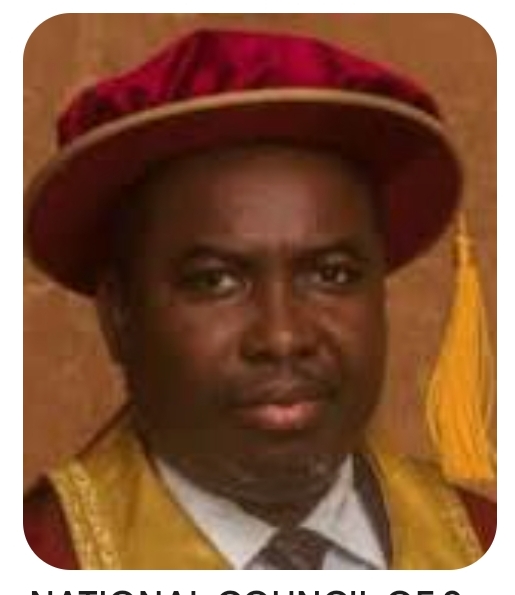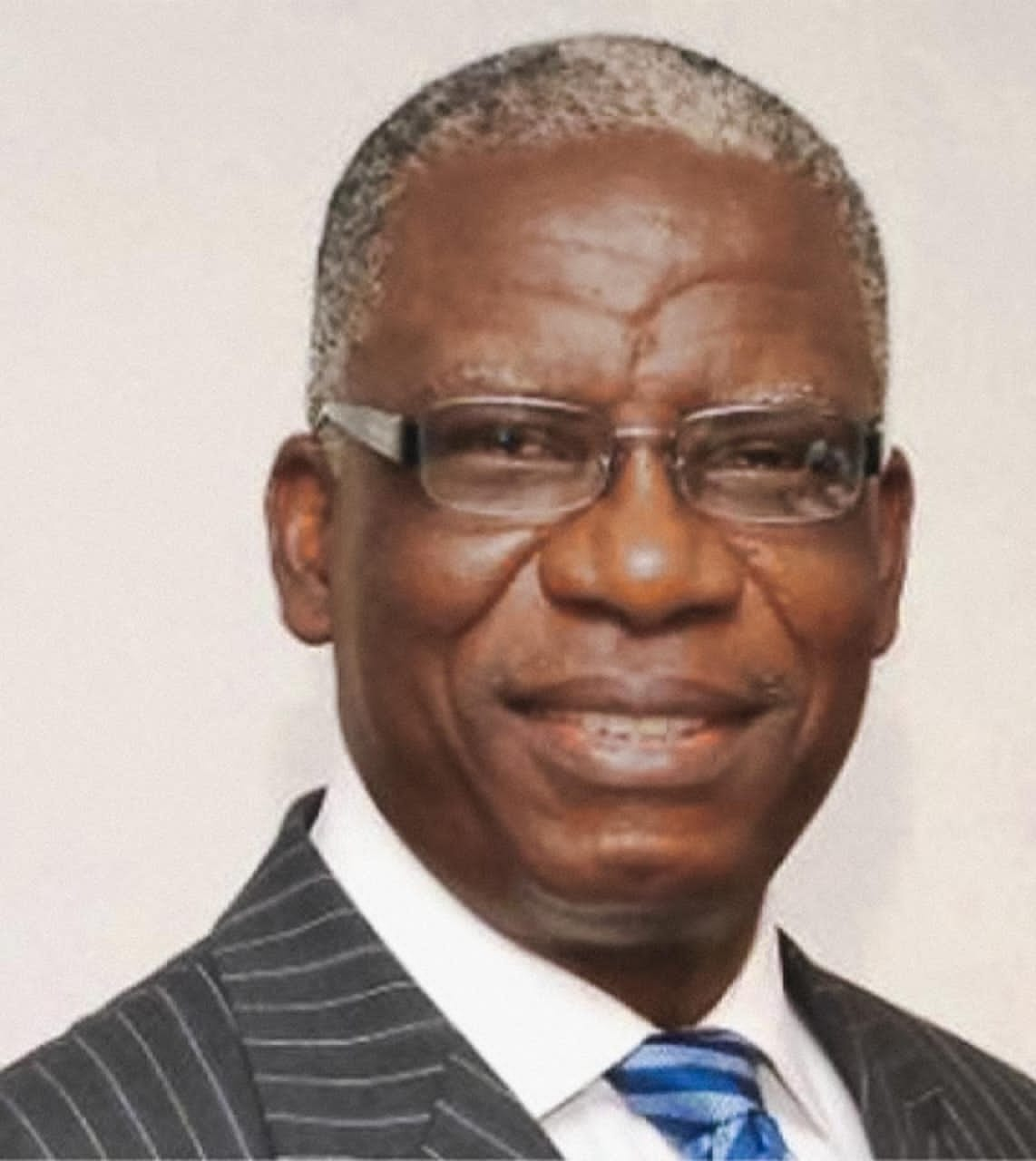By Okechukwu Nwanguma
In his remarkable book, How to Rig an Election, Professor Nic Cheeseman exposes how modern autocrats have learned to wear democratic clothing while hollowing out democracy from within. He describes this as the era of “counterfeit democracies” – systems that organize elections not to give citizens a voice, but to confer legitimacy on predetermined outcomes.
For Nigerians, Cheeseman’s thesis is painfully familiar. We have lived through every chapter of that book – from voter suppression and intimidation, to manipulation of electoral laws, misinformation campaigns, and the use of state institutions to tilt the field in favor of incumbents. Our democracy, often proclaimed as the “largest in Africa,” has at critical junctures resembled precisely what Cheeseman warns against: a democracy in form but not in substance.
As Nigeria welcomes a new Chairman of the Independent National Electoral Commission (INEC), it is important to recall these lessons – and to remember that history always delivers its verdict.
Echoes from the Past
Every new INEC chair arrives amid hope and skepticism. Each inherits both the promise of reform and the baggage of distrust. From the days of Justice Ovie-Whiskey to Humphrey Nwosu, Maurice Iwu, Attahiru Jega, Mahmood Yakubu, and now the new helmsman, the story has been cyclical: reforms announced with fanfare, integrity tested by political interference, and ultimately, history left to judge.
The 1993 election under Nwosu remains a reference point – widely regarded as Nigeria’s freest and fairest, yet annulled by military fiat. In 2007, under Maurice Iwu, the elections were so chaotic that the late President Umaru Yar’Adua, its chief beneficiary, publicly admitted their flaws. The 2015 elections under Jega gave Nigerians a glimpse of what credible polls could look like – proving that reform and integrity are possible even within structural constraints.
The 2023 general elections, however, again exposed the fragility of our democratic gains. Despite promises of technology-driven transparency – the BVAS and IReV innovations – the process was marred by logistical failures, violence, voter suppression, and the opacity of results collation. Once again, the credibility of Nigeria’s elections fell under question, and trust in INEC suffered a deep blow.
Cheeseman’s Warning
Cheeseman’s work identifies the patterns that lead to such outcomes.
He explains that in counterfeit democracies, the manipulation of elections rarely happens only on election day. It begins long before – through the selection of electoral umpires, the framing of electoral laws, partisan control of security agencies, and the weaponization of disinformation.
He warns that the global decline in political rights is driven not by coups, but by the slow suffocation of electoral integrity. When citizens lose faith that their votes count, democracy becomes a hollow ritual – and cynicism replaces participation.
In Nigeria, these dynamics are evident. Elections have too often been treated as political wars rather than civic exercises. Institutions meant to be independent – INEC, the police, and sometimes even the judiciary – have been drawn into partisan battles. Electoral malpractice has evolved with sophistication, from ballot snatching to data manipulation.
The Challenge Before the New INEC Chairman
The new INEC Chairman inherits a country weary of broken promises. His task is not merely to manage an institution but to restore public trust in the ballot as the instrument of change. He must understand that credibility is earned, not declared – and that no electoral body can stand tall when it leans toward political power.
Cheeseman prescribes pathways to genuine democracy that resonate profoundly with Nigeria’s context:
- Strengthen institutional independence – both legally and operationally.
- Enhance civic engagement and voter education, so citizens understand both their rights and the system’s workings.
- Guarantee transparency at every stage – from voter registration to result collation.
- Foster accountability, ensuring that electoral offenders, no matter how powerful, face justice.
- Build partnerships with civil society, not adversarial relationships.
The credibility of the next electoral cycle will depend less on new technology and more on the integrity and courage of leadership – the will to resist pressure, uphold the law, and act transparently.
Democracy and Development: The “Dev-ocracy” Imperative
Cheeseman’s conversation with thinkers like Patrick Okigbo introduces the idea of “dev-ocracy” – democracy that delivers development. It is a reminder that elections are not an end in themselves. The true measure of democracy is whether governance improves the lives of citizens.
For Nigeria, this means ensuring that our elections produce legitimate leaders who derive authority from genuine consent, not manipulation. Development cannot grow on the soil of stolen mandates.
History’s Verdict
Every INEC chairman eventually faces history’s tribunal. Nwosu is remembered with respect because he tried to uphold integrity even in the face of annulment. Professor Jega is credited with midwifing a credible transition in 2015. Others are remembered less kindly – their legacies clouded by controversy, their names invoked as cautionary tales.
The new INEC boss must decide on which side of that ledger he wishes to stand.
As Nigerians prepare for future elections, what the country needs is not perfection, but honesty; not excuses, but accountability. To borrow from Cheeseman, democracy survives when those who run elections understand that the greatest power lies not in pleasing the powerful, but in earning the people’s trust.
The new INEC Chairman must be mindful of this truth – and of history’s unforgiving verdict.




